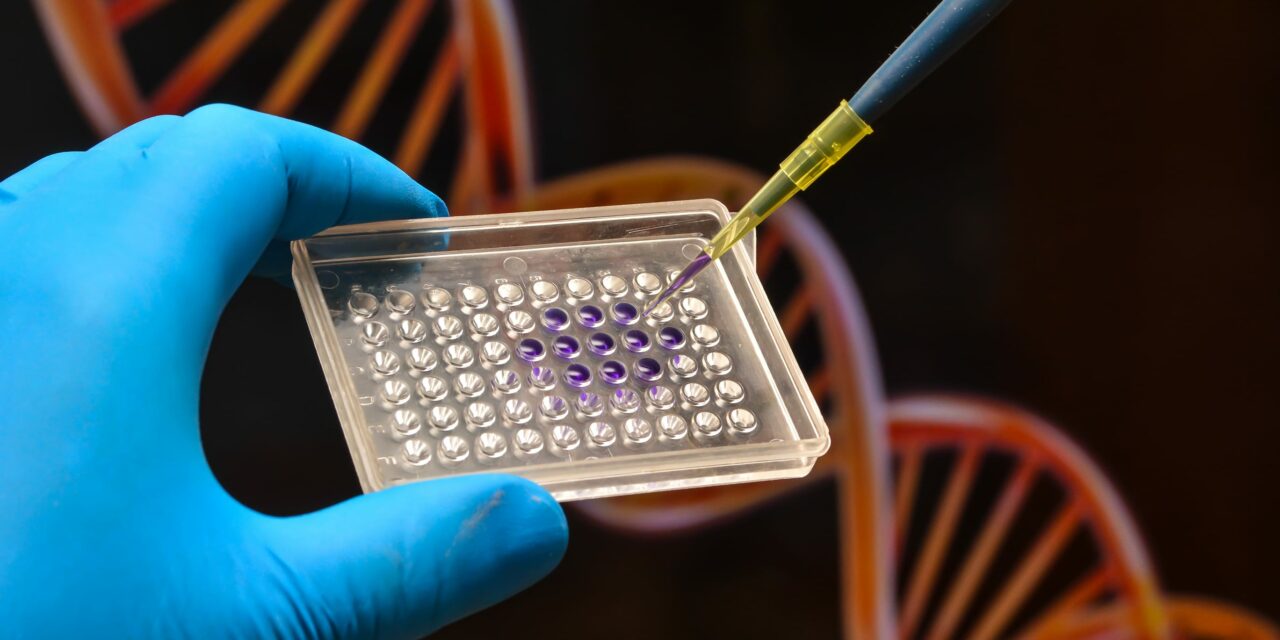Genetic testing in dermatology faces challenges related to privacy, discrimination, and the psychological impact on patients.
Genetic testing is increasingly being used in dermatology to offer personalized treatment plans. While this technology promises more precise and effective care, it also raises significant ethical challenges related to privacy, discrimination, and the psychological impact on patients.
Genetic information is extremely sensitive, and its misuse can lead to serious privacy breaches. Ensuring data security is paramount, as unauthorized access to genetic data can have far-reaching consequences. Patients must be fully informed about how their genetic data will be used and stored, emphasizing the importance of robust informed consent practices. Anonymizing data can help protect patient identities in research and clinical practice (Oxford Academic) (Genome.gov).
Genetic Discrimination

Genetic discrimination remains a major concern, particularly in insurance and employment contexts.
The Genetic Information Nondiscrimination Act (GINA) in the US provides some protection against discrimination based on genetic information in health insurance and employment. However, the law’s reach is limited, and gaps remain, especially concerning life insurance and long-term care insurance (Genome.gov).
Psychological Impact on Patients

The psychological effects of genetic testing can be profound. Learning about one’s genetic predispositions to various skin conditions or diseases can cause significant anxiety and stress. This is where genetic counseling becomes crucial, helping patients understand their results and cope with the emotional implications.
Additionally, genetic information can affect family dynamics, particularly if hereditary risks are identified that impact other family members (Genome.gov).
Ethical Guidelines and Regulations
Several guidelines and regulations have been established to address these challenges. Besides GINA, international guidelines from organizations like the World Health Organization (WHO) provide frameworks for the ethical use of genetic testing. These guidelines emphasize the importance of informed consent, data protection, and the ethical handling of genetic information (Oxford Academic) (Genome.gov).
Further Consideration
Genetic testing in dermatology offers benefits by enabling more personalized and effective treatments. However, it also poses ethical challenges that must be addressed to protect patient privacy, prevent discrimination, and mitigate psychological impacts. By adhering to ethical guidelines and regulations, the medical community can maximize the benefits of genetic testing while safeguarding patients’ rights and well-being.
References
- Hudson, K. L., & Holohan, M. K. (2008). Genetic privacy and the use of genetic information in research. Human Molecular Genetics, 30(R2), R156.
- National Human Genome Research Institute. Privacy in Genomics. www.genome.gov.
- Kaufman, D. J., Murphy-Bollinger, J., Scott, J., & Hudson, K. (2009). Privacy challenges with genetic information. SpringerLink.
Photo 112611926 © Sergunt | Dreamstime.com




